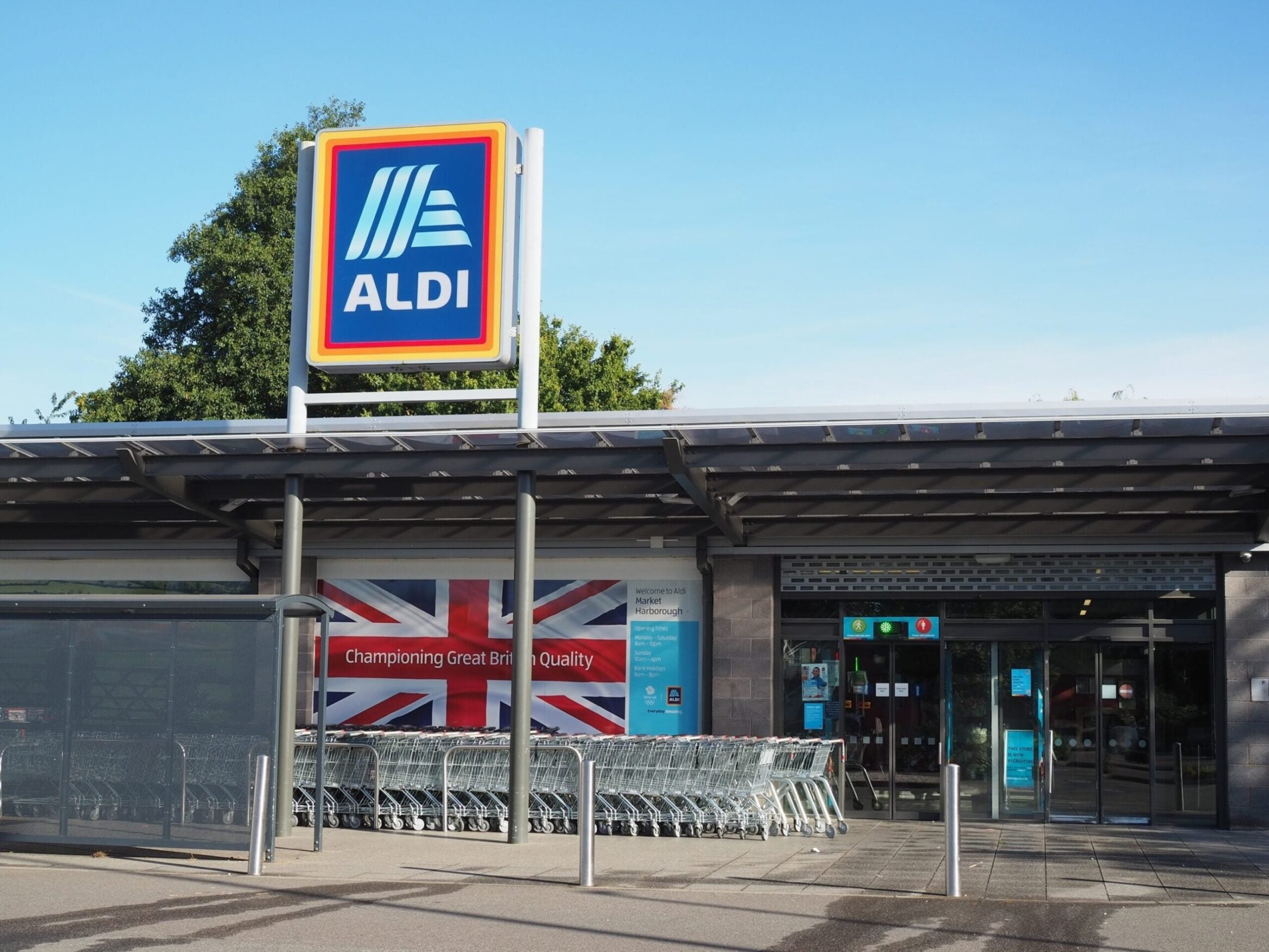
UK grocery inflation is showing signs of easing but supermarket own-label products are still outpacing their branded counterparts, according to data and consulting business Kantar.
Ahead of the government’s official inflation figures for April due to be published tomorrow (24 May), London-based Kantar said grocery price inflation cooled for a second straight month in the four weeks to 14 May.
Prices on a like-for-like basis rose 17.2%, with sales increasing 10.8% over the same period last year. However, grocery inflation remains at the third-fastest pace in Kantar’s records since 2008 even as it eased by one percentage point from the prior four-week period.
Fraser McKevitt, head of retail and consumer insights at Kantar, said the respite will be “welcome news” for shoppers, although the increase in prices is likely to add £833 ($1,035) to the average annual grocery bill.
Kantar’s data gives more up-to-date insight into the inflation trajectory than figures from the Office for National Statistics, which come with a lag. The ONS reported in April that UK grocery inflation accelerated to 19.2% in the 12 months through March – the fastest pace since 1977 – and up from 18.2% in February.
McKevitt added: “Shoppers are savvy and they’re skirting higher prices by choosing more own-label goods. These lines grew by 15.2% this month, almost double that of branded products, which rose by 8.3%. However, the gap between own lines and brands is narrowing in most stores, helped in some cases by loyalty discounts.”
Kantar said prices of eggs, milk and ambient cooking sauces rose the fastest in the four weeks to 14 May. “Retailers know just how important it is to offer even small savings on staple products like milk to get customers through the door,” McKevitt said.
Discounter Aldi led sales over the period – up 24% – closely followed by Lidl at 23.2%. Aldi commanded a 10.1% market share and Lidl 7.7%, Kantar noted.
Among the supermarket majors, Asda led with a 10.6% gain in sales, giving the retailer a market share of 13.9%. Sainsbury’s sales rose by 10.5% and holds 14.8% of the market.
Sales at Tesco increased 8.9% for a market share of 27.1%, while figures for Morrisons stood at 0.6% and 8.7%, respectively.
During the celebrations to mark the King’s coronation on Saturday 6 May, replete with a tagged on public holiday, an extra £218m passed through supermarket tills that week, Kantar said, with grocery sales up 16%.
